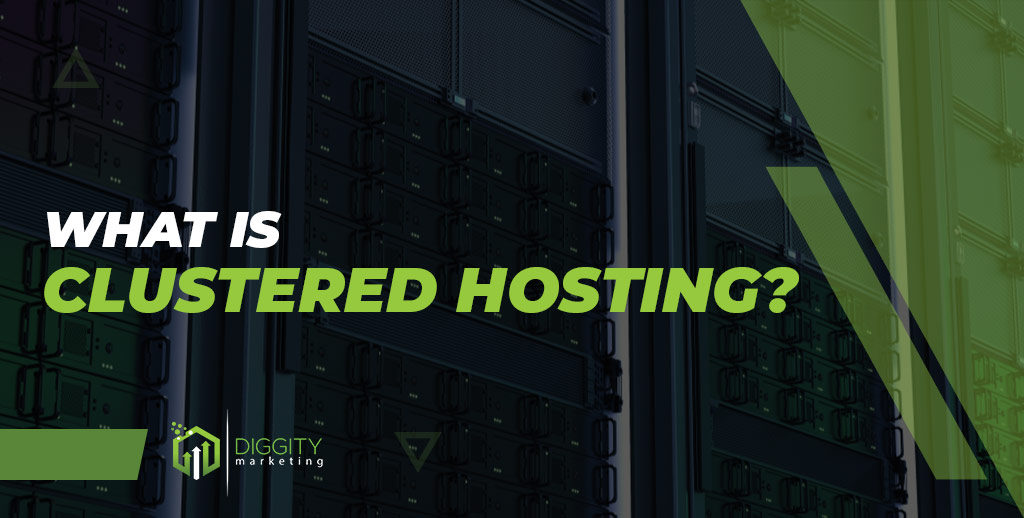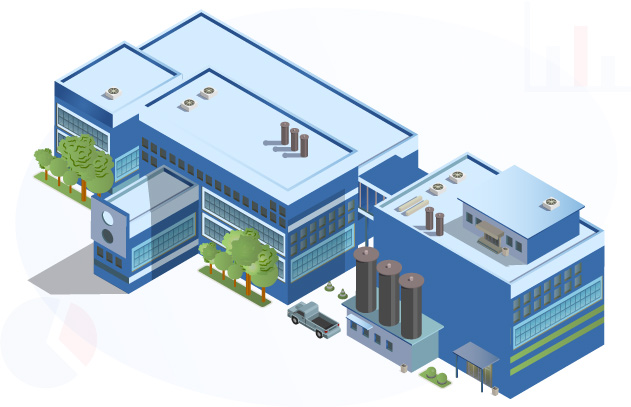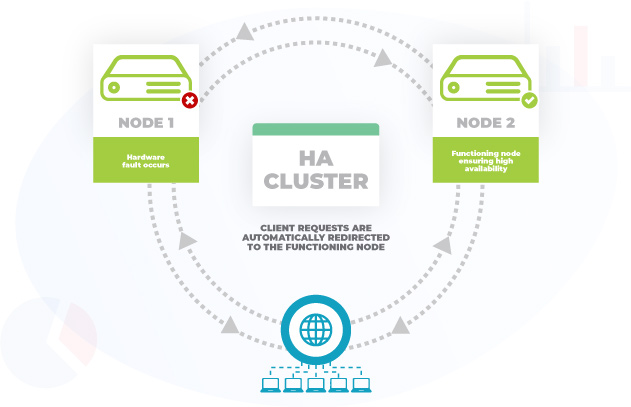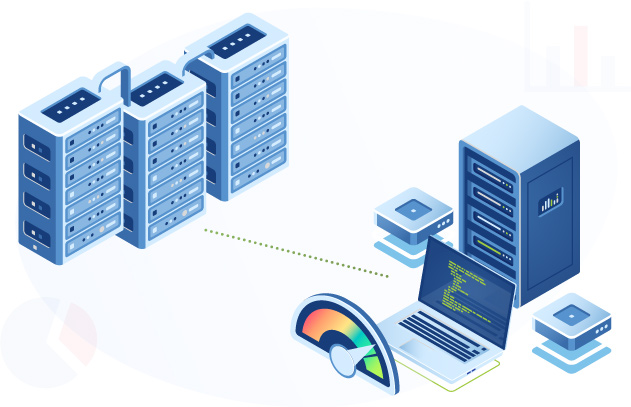
Has your growth ever been frustrated by downtime? clustered web hosting is a form of web hosting cluster that spreads the load of hosting across multiple physical machines. This boosts the availability of resources hosted and increases reliability.
We consulted with our team of experts in the hosting field and in this guide, you’ll learn how cluster setup may be the solution you’ve been searching for.
As an expert who has spent years managing and optimizing hosting for various online businesses, I have a deep understanding of the benefits and challenges of different hosting solutions, including clustered hosting.
In this guide, I share that expertise to help you.
First, you’ll learn what clustered servers are, which customers this service is intended for, and some of the different types of clustered hosting solutions. Then you’ll learn the key pros and cons so you can make the best decision about your next web host or service.
Table Of Contents
Quick Summary
Clustered hosting distributes load across multiple machines, enhancing resource availability and reliability.
It includes High Availability, Load Balancing, and High-Performance Clusters, each serving unique purposes.
Despite its high uptime and scalability, clustered hosting is complex and costly, ideal for businesses prioritizing uptime.
What Is A Web Hosting Cluster?
A web hosting cluster is a group of web server clustering that have been set up to distribute work across many different web servers (or other nodes) on the same network.

This configuration allows multiple nodes in the web hosting cluster to take over in the event of an outage—preventing the site from going down or one service (such as email) from affecting others with its problems.
A one server designed to take over a failing server is called a cluster host. It’s ready to handle all the guest operating systems on another machine. There is typically more than one cluster host within an entire cluster.
A traditional hosting service, by contrast, maintains your site from a permanent location on a single server acting as the host machine.
Pros And Cons Of Clustered Hosting
Industry-Leading Uptime
This type of hosting allows high and increasing reliability, depending on how many servers you can afford to add to your cluster.
You have multiple servers hosting the same content. So, when single server fails, a clustered servers hosting setup can simply move the load balancing to a different cluster host and stay online.
The user doesn’t experience the failure, and never sees a “site/web page down” warning as long as another cluster host is available to compensate for the failure.
Effective Scalability
Once a cluster has been configured, you can simply add a new host whenever needed. This will preserve the performance your visitors expect even if your traffic multiplies.
This is similar to how you might add new front end servers to a traditional setup. However, a front end server doesn’t offer the same capabilities.
High Levels Of Complexity
Sophisticated algorithms are needed to ensure work is distributed well. All individual web servers in a cluster still need to be maintained, so clusters require more monitoring from techs.
Costs Are High
Cluster server services can come at a high cost due to the multiple physical machines needed. Your hosting account may require you to bear some device costs for expansions.
Who Needs Clustered Web Hosting?

web hosting cluster is for hosting clients who place the highest priority on uptime. While it’s out of the price range of hobby sites, small businesses and large enterprises often depend on this type of hosting.
What Are The Main Types Of Clustered Hosting With Multiple Servers?
The main types of clustered web hosting with multiple web servers are high availability (ha) server clusters, load balancing clusters, and high-performance clusters.
High Availability (HA) Server Clusters

High Availability server clusters are optimized for continuous performance. An HA cluster is designed to be highly redundant so that a website can’t be brought down from a single point of failure.
Load Balancing Clusters

Load balancing clusters are designed to distribute load across all available nodes to speed up operations and prevent congestion. Most other types of clusters also rely on load balancing software.
High Performance Clusters

High-performance clusters use computers (as in a physical machine) with powerful processing resources as nodes to work through data tasks.
More computers with better quality resources can be added to allow for even more processing power.
Most modern supercomputers can be more accurately described as performance clusters, as single server machines cannot practically deliver the same processing power.
Is Clustered Hosting Right For You?
clustered web hosting can be very powerful. It is a great option for businesses and websites where having the highest amount of uptime is critically important.
However, if your just starting out it can be a very costly option and there are many more affordable options which may be better better for your needs.
If you are looking for the best hosting options for your businesses and want to know what the best options avaible to you are then check out our guide: 7 Best Web Hosting For Small Business: 2022’s Top Providers

